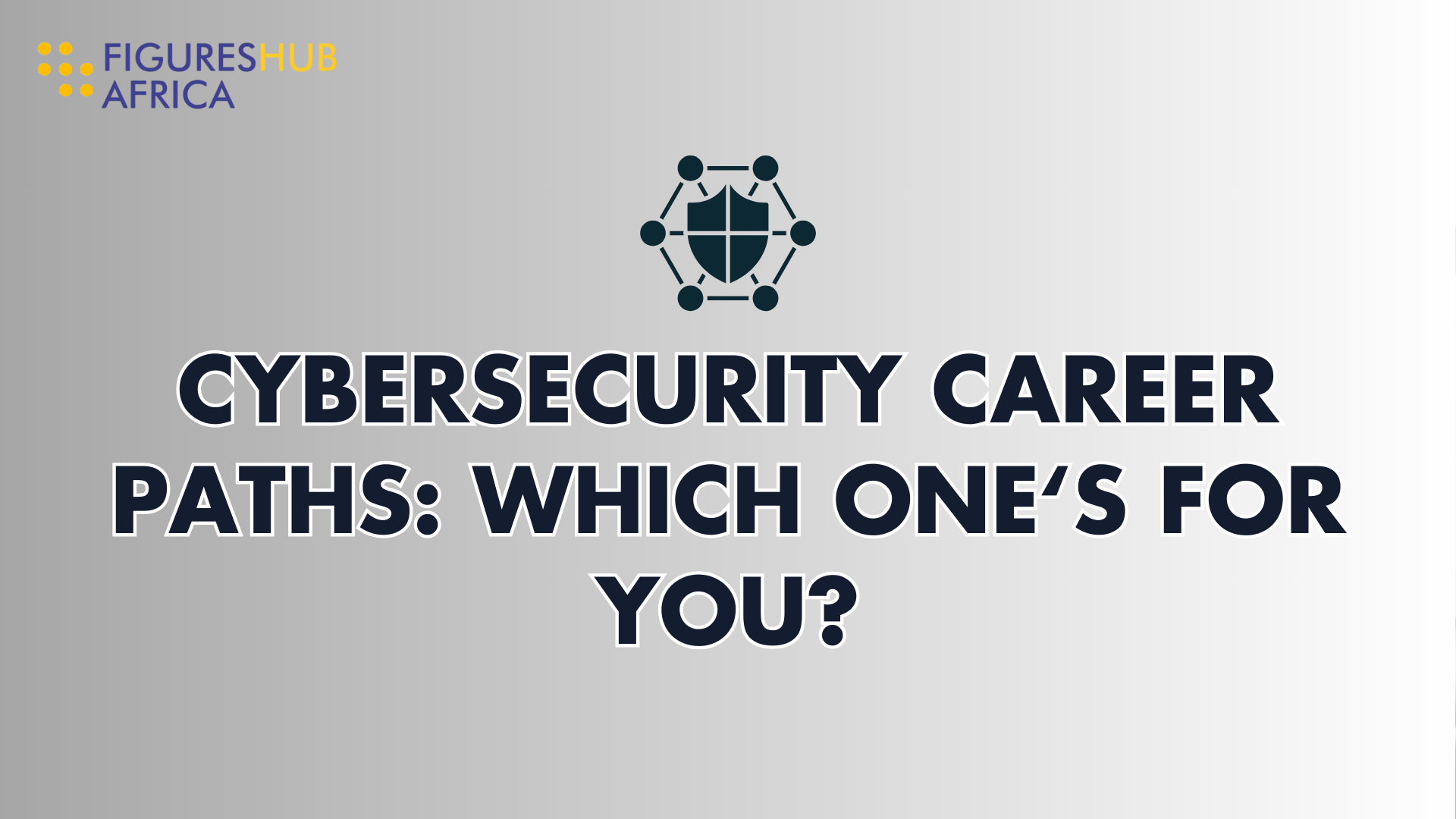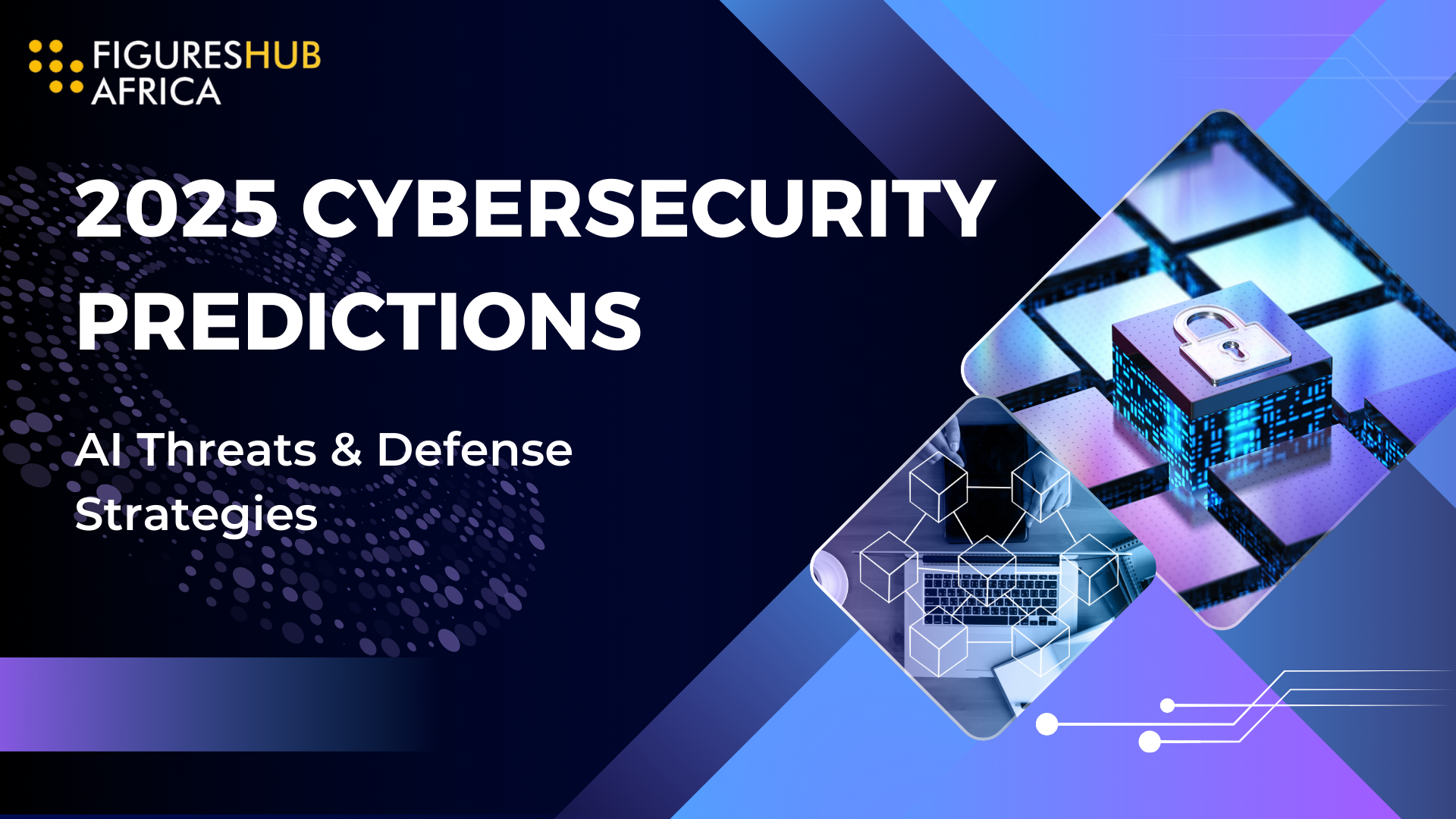With cyber threats on the rise globally, the demand for cybersecurity professionals is exploding. From data breaches to ransomware attacks, businesses and governments alike are scrambling to defend their digital systems. That’s where you come in. Whether you’re a tech enthusiast, a problem-solver, or just curious about how to protect systems from hackers, there’s a place for you in cybersecurity.
So, what path should you take? Let’s see some of the most exciting career options — and how FiguresHub can help you get there.
Ethical Hacker (Penetration Tester)
What they do: Ethical hackers break into systems — legally. They think like cybercriminals to find and fix vulnerabilities before the bad guys do.
Skills needed:
- Strong networking and coding knowledge
- Tools like Metasploit, Wireshark, and Burp Suite
- Creative thinking and curiosity
Why it’s hot: Companies are now paying top dollar to have professionals hack them — on purpose — to improve security.
How FiguresHub helps: Our course teaches real-world ethical hacking tools and techniques, so you can go from zero to job-ready.
Security Analyst
What they do: These are the watchdogs. They monitor networks, investigate incidents, and create reports that help improve security protocols.
Skills needed:
- Threat detection and log analysis
- Understanding of firewalls, IDS/IPS
- Report writing and attention to detail
Why it’s hot: Every company with digital infrastructure needs someone watching their back 24/7.
FiguresHub advantage: Learn how to detect and respond to threats, build a portfolio, and practice with real-life security simulations.
Security Engineer
What they do: Engineers build and maintain secure systems. They work behind the scenes to create tools that keep threats out.
Skills needed:
- System architecture
- Secure software development
- Automation with Python or Bash
Why it’s hot: With remote work and cloud services booming, companies need secure systems more than ever.
FiguresHub training: Dive into network defense, security architecture, and scripting — all taught step-by-step by industry pros.
Digital Forensics Investigator
What they do: After a breach, digital forensics experts trace the source of the attack and recover lost data.
Skills needed:
- File system and malware analysis
- Evidence preservation
- Strong investigative mindset
Why it’s hot: With cybercrime rising, these digital detectives are in high demand in law enforcement and corporate investigations.
FiguresHub path: Learn core forensics tools and investigative workflows to prepare for real-world incident response roles.
Threat Intelligence Analyst
What they do: These analysts track threat actors, study attack trends, and provide early warnings to organizations.
Skills needed:
- Research and data analysis
- Dark web monitoring
- Communication and reporting
Why it’s hot: Staying ahead of cybercriminals requires intelligence. And that’s exactly what these pros deliver.
FiguresHub boost: Our modules on threat landscapes and attacker profiling prepare you for intelligence-based roles.
How to Choose Your Cybersecurity Path
Still not sure which route to take? Here’s how to decide:
1. Know Your Strengths
Love puzzles and creative problem-solving? Try ethical hacking.
Prefer systems and architecture? Security engineering might suit you.
2. Think Long-Term
All these roles have strong salary growth, remote work potential, and a global demand — so pick what aligns with your lifestyle goals.
3. Learn and Test
The best way to find your fit? Start learning. Try different areas, get hands-on, and see what clicks.
Conclusion
FiguresHub’s cybersecurity course gives you:
✅ Step-by-step training from industry experts
✅ Hands-on projects that build your skills and confidence
✅ Mentorship and support to guide your career path
✅ Real-world simulations so you’re job-ready, not just certified
Whether you want to hack ethically, secure networks, or investigate digital crimes, we’ve got you covered. Join FiguresHub Africa’s Cybersecurity Learning Program now!



